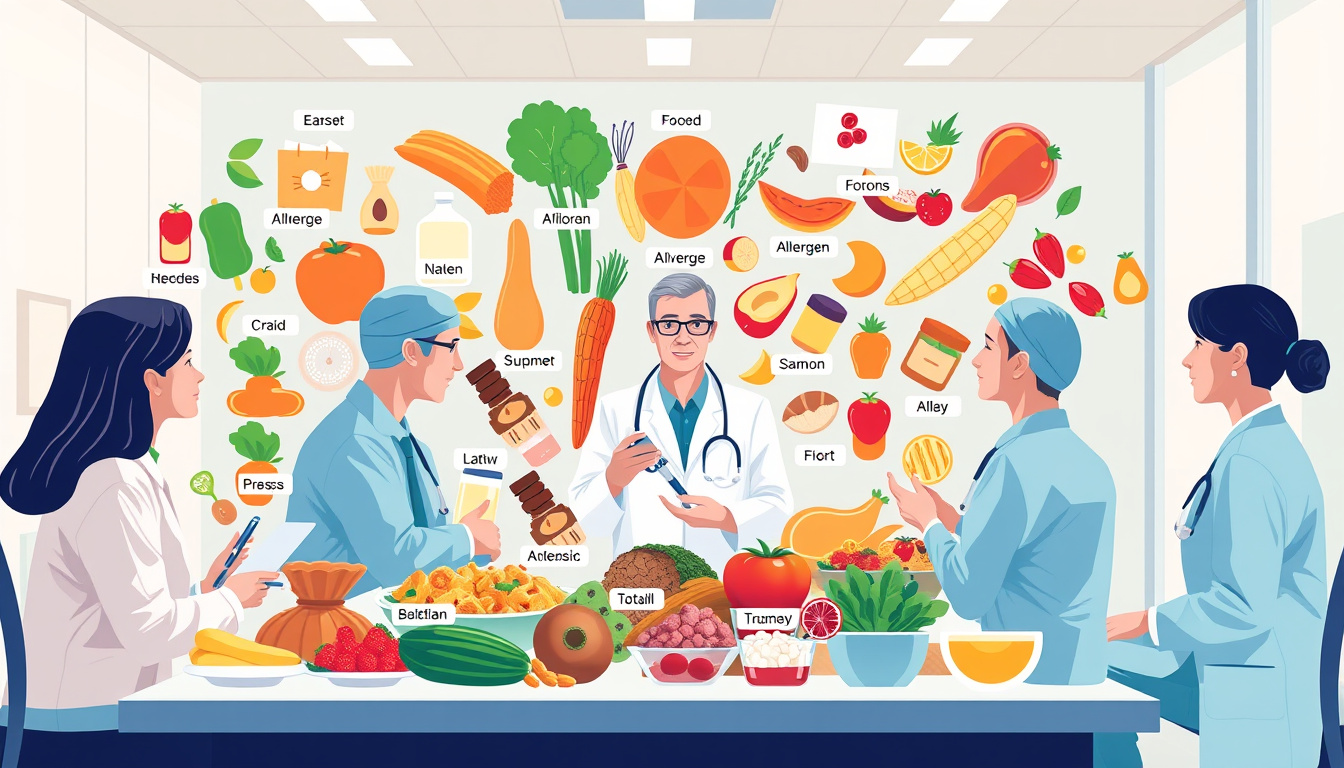
The emergence of public health challenges shows us a clear need for early action. COVID-19 made us see that proactive health steps matter. Community health workers (CHWs) hold trusted roles in their communities. They share vaccine facts and urge strong safety habits to slow COVID-19. This article is a practical toolkit. It gives CHWs key ideas and simple steps to boost vaccination and care for community health.
Understanding the Role of Vaccination
Vaccination stands as one of our best tools. It helps keep people from severe illness, hospital stays, and death from COVID-19. Yet vaccines do not give perfect protection. Some mild infections can occur. That fact makes it important to keep safe steps in place.
Why Preventative Strategies Matter
-
Understanding Vaccine Limitations:
Vaccines work; however, they do not stop every infection. The immune response builds slowly. It can take up to two weeks after the final dose. During this time, people can still fall ill. Continued safety habits then remain very important. -
Protecting Vulnerable Populations:
Even vaccinated people may pass on the virus. This risk can harm those who are older, pregnant, or have health problems. Ongoing protective actions help defend these groups. -
Preventing Virus Evolution:
Viruses change quickly. New variants may appear and weaken vaccine defense. Keeping prevention measures means fewer opportunities for the virus to evolve.
Essential Preventative Strategies for Health Workers
To help CHWs guide their communities, consider these key tips:
-
Mask Wearing:
Wear a well-fitted mask that covers your nose and mouth. This habit protects both you and others from the virus. -
Social Distancing:
Keep at least 1 to 2 meters away from other people. This rule is especially important in crowded rooms or indoors. -
Ventilation:
Stay away from spaces with poor airflow. Open windows and doors when possible to bring in fresh air. -
Hygiene Practices:
Wash your hands with soap for 20 seconds. If you cannot wash, use a sanitizer with at least 60% alcohol. Try not to touch your face with your hands. -
Respiratory Hygiene:
When you sneeze or cough, use your bent elbow or a tissue. Throw the tissue away right after use and clean your hands. -
Vaccination Education:
Stress the need to get vaccinated on time. Explain that all recommended doses are needed to stay well against COVID-19. ### Communicating Effectively
CHWs must share clear and current facts. They need to use trusted sources and explain ideas plainly. This way, they replace myths with honest information and help people understand changing news.
The Role of CHWs in Community Advocacy
CHWs do more than share facts; they set the pace. They show healthy habits by practicing what they teach. When CHWs follow safety steps, the community trusts them more.
Moreover, CHWs can:
-
Educate Others:
Urge clients to pass on safety tips to family, friends, and caregivers. -
Support Vaccination Campaigns:
Work to raise vaccination rates, especially in groups that need more care. -
Promote Enhanced Awareness:
Continually update the community on vaccine news, new variants, and safety tips. Use clear, simple language that everyone can follow.
Conclusion
When community health workers learn clear facts about vaccines and safety, community health improves. By giving CHWs proper tools and ideas, we fight COVID-19 more effectively. Their care helps protect individuals and moves us toward herd immunity. With clear steps and teamwork, CHWs lead us through the challenges of COVID-19.
contact us @mindfulaimedia@gmail.com

No comments:
Post a Comment